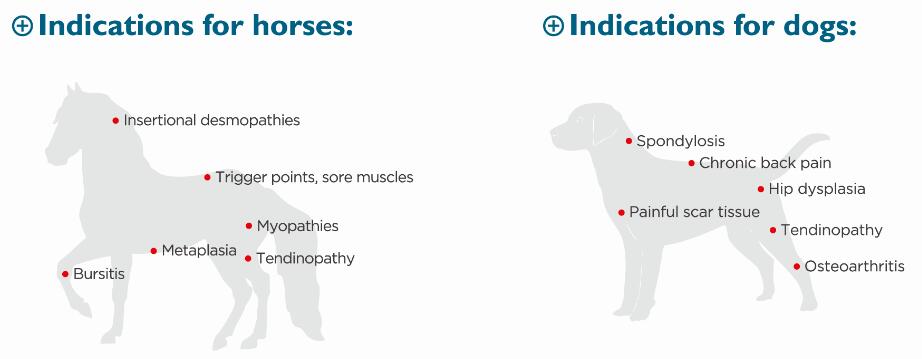## Aspirin for Pets: Safe Use and Important Considerations
### Introduction to Aspirin for PetsAspirin for pets is a topic that has garnered significant attention among pet owners and veterinarians alike. As a commo……
### Introduction to Aspirin for Pets
Aspirin for pets is a topic that has garnered significant attention among pet owners and veterinarians alike. As a common over-the-counter medication, aspirin is primarily known for its pain-relieving and anti-inflammatory properties in humans. However, its application in veterinary medicine, particularly for dogs and cats, raises important questions regarding safety, dosage, and potential side effects.
### Understanding Aspirin for Pets
When considering aspirin for pets, it is crucial to understand that not all medications suitable for humans are safe for animals. Aspirin, or acetylsalicylic acid, can be used in veterinary medicine, but it must be administered with caution. The primary reason for this caution is that pets metabolize drugs differently than humans do, which can lead to complications if the dosage is not correctly calculated.
### Benefits of Aspirin for Pets

Aspirin for pets can be beneficial in certain situations. It is often prescribed by veterinarians to help manage pain associated with arthritis, post-surgical recovery, and other inflammatory conditions. The anti-inflammatory properties of aspirin can provide relief for pets suffering from chronic pain, improving their quality of life.
### Dosage and Administration of Aspirin for Pets
When it comes to administering aspirin for pets, it is essential to consult with a veterinarian first. The veterinarian will assess the pet's overall health, weight, and specific condition to determine the appropriate dosage. For dogs, the typical dosage ranges from 5 to 10 mg per kilogram of body weight, given every 12 hours. However, this can vary based on individual circumstances.
### Risks and Side Effects of Aspirin for Pets

While aspirin can be effective, it is not without risks. Some pets may experience side effects, including gastrointestinal upset, vomiting, or even more severe reactions such as ulcers or bleeding. Additionally, aspirin should not be given to cats, as they are particularly sensitive to this medication and may experience toxic effects even at low doses.
### Alternatives to Aspirin for Pets
Given the potential risks associated with aspirin for pets, many veterinarians may recommend alternative pain relief options. Non-steroidal anti-inflammatory drugs (NSAIDs) specifically designed for pets, such as carprofen or meloxicam, may be safer alternatives. These medications are formulated to be more effective and safer for animal use, reducing the risk of adverse effects.
### Conclusion

In summary, aspirin for pets can be a useful medication in certain circumstances, but it must be approached with caution. Pet owners should always consult with a veterinarian before administering any medication, including aspirin, to ensure the safety and well-being of their furry companions. Understanding the benefits, proper dosage, potential risks, and alternatives can help pet owners make informed decisions regarding their pets' health. Always prioritize professional veterinary advice to ensure the best care for your pets.